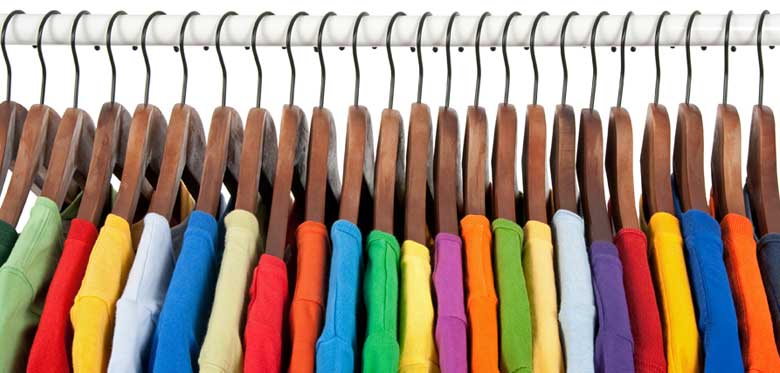‘Grey goods’ are goods that are genuine in that they have been manufactured by, or on behalf of, an official brand owner. However, the goods have not been authorised by the brand owner for sale. The market for these goods is known as the ‘grey market’.
The Supreme Court has made a landmark ruling confirming the sale of ‘grey market’ goods can attract criminal penalties under existing trade mark legislation.
The case centred on a business in dispute over the importation and sale of clothing and footwear bearing trade marks belonging to well-known brands. The brand owners had given their consent to the manufacturers to apply their respective trade marks to the items that were produced.
However, some of the items were either rejected for being of sub-standard quality, excess to requirements or cancelled in part or in full. It was these ‘surplus’ items that the brands had not authorised the manufacturer to sell on.
The Supreme Court had to decide whether the sale of ‘grey goods’, or possession of them with a view to their sale, constituted a criminal offence. The appellants argued that criminal liability only arose under section 92 of the Trade Marks Act 1994 in relation to the sale of counterfeit goods. Counterfeit goods are goods that are an imitation of genuine brands with the intention of fraudulently passing them off as genuine. Whereas, in this instance, the goods had the trade marked sign applied with the consent of the brand owner therefore the appellants argued they should not be held criminally liable.
The Crown Court and the Court of Appeal rejected the appellants’ arguments. Upholding the Court of Appeal’s ruling, the Supreme Court held there was no reason to ‘strain the language [of section 92 of the Trade Marks Act] so as to exclude the sale of grey market goods’.
This decision highlights that the criminal offence under current law extends to not only counterfeit goods but also to ‘grey goods’. The Supreme Court set out in clear terms that ‘grey goods’ cases are worthy of prosecution in the same way that counterfeit goods are. The infringement of intellectual property is a criminal offence that carries substantial custodial sentences of up to ten years imprisonment.
If you are a business owner or individual facing prosecution by Trading Standards or another enforcement agency, it is vital that you seek specialist advice. Our team at Stephensons has expertise in all areas pertaining to business crime and regulatory defence. Call us now on 01616 966 229.



Comments